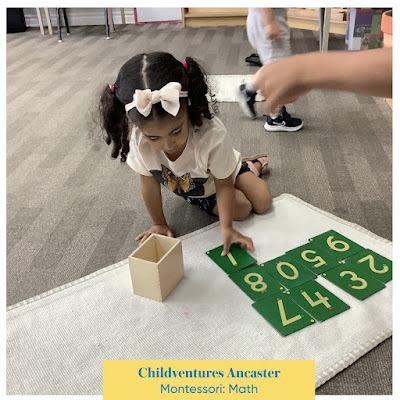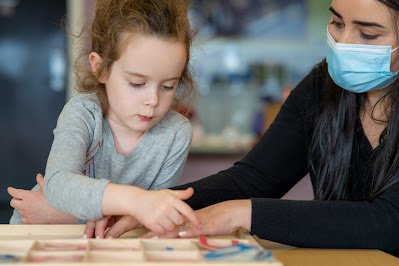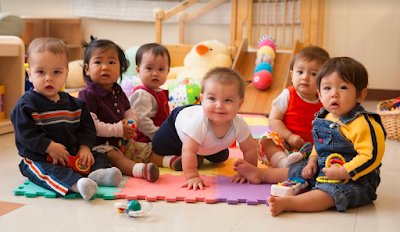Most parents worry about doing right by their children, making parenting one of the most challenging jobs. However, there are some basic steps you can take as parents to make your parenting more effective and raise happy, successful children.
Here are some steps to make
your parenting more effective:
- Show up - Genuinely showing interest in your child's interests and activities is one of the best methods to get them to comply with your wishes.
- Set reasonable expectations - To get youngsters to comply with what you ask, parents must set reasonable expectations. You will need to adapt, though, when tasks grow more challenging and demand the use of critical thinking abilities, like finishing homework or preparing for a test.
- Set limits - Boundaries assist parents, and other adults decide what can and won't work if given instructions are not followed.
- Offer options - Giving kids a choice or alternative in completing activities is among the best methods to get them to do what you ask. Additionally, it offers them the freedom to make decisions in a situation over which they would typically exert control, providing children with a sense of empowerment in their daily lives.
- Avoid manipulation - Although it might be helpful to pique children's interest in learning, manipulation is one of the most undesirable ways to achieve this. This conveys that your child or children are somehow less than you, which will only breed resentment and immoral conduct.
- Don't overuse punishment - Additionally, penalties teach further about blame than they do about obligation, which is why some kids never experience consequences for their behaviour because their parents fail to apply regular punishments.
- Reward good behaviour - It's crucial to give kids praise for following instructions instead of waiting until the work is finished to point out their accomplishments. Instead of wanting to sit out the rest of an event when good behaviour can no longer earn rewards, this gives them instant pleasure and motivates them to keep going.
- Set a good example - Modelling good behaviour for children is one of the most effective methods to get them to do what you ask. By giving children inspiring role models, students would learn how to set and achieve goals and navigate challenging circumstances.
- Spending quality time with your children is one of the
best methods to make them feel valued and cared for by their parents.
Spending time together with children allows them to gain knowledge from
their experiences while also demonstrating to them how much they are
cherished.
To learn more, visit https://childventures.ca/ or call us at 905.332.7539.









